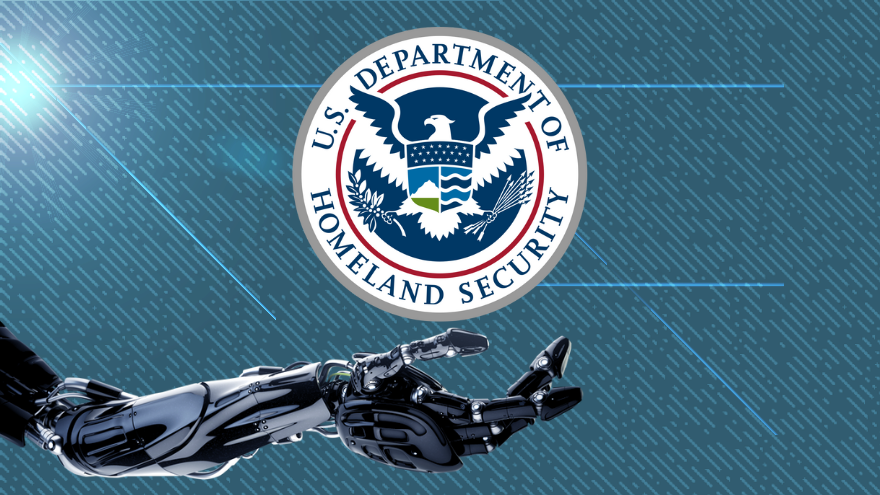The projects will test AI technology to enhance immigration officer training, reduce the burden for applying for disaster relief grants, and improve the efficiency of law enforcement investigations, according to a DHS statement. Homeland Security Investigations (HSI) will be testing AI to enhance investigative processes aimed at detecting fentanyl and increasing the efficiency of child sex exploitation investigations, DHS said. The Federal Emergency Management Agency (FEMA) will use AI to help communities plan for and develop hazard mitigation plans to minimize risk. United States Citizenship and Immigration Services (USCIS) will begin using AI to improve immigration officer training. “The unprecedented speed and potential of AI’s development and adoption presents both enormous opportunities to advance our mission and risks we must mitigate,” DHS Secretary Alejandro Mayorkas said in the statement. “The DHS AI roadmap and pilots will guide our efforts this year to strengthen our national security, improve our operations, and provide more efficient services to the American people, while upholding our commitment to protect civil rights, civil liberties, and privacy. What we learn from the pilot projects will be beneficial in shaping how the Department can effectively and responsibly use AI across the homeland security enterprise moving forward.” Last year, DHS established the agency’s first AI task force, which began identifying areas where AI can enhance the department’s efforts. In February, Mayorkas announced the department’s aim of recruiting 50 AI technology experts to help build teams that build out AI architecture. HSI’s pilot program will leverage open-source technologies to allow investigators to more quickly summarize and search for contextually relevant information in investigative reports. DHS states that AI could lead to higher rates of detection of fentanyl-related networks, while also aiding in identification of victims and perpetrators of child exploitation crimes. FEMA’s AI pilot will “specifically support State, Local, Tribal, and Territorial governments’ understanding of how to craft a plan that identifies risks and mitigation strategies as well as generate draft plan elements — from publicly-available, well-researched sources — that governments could customize to meet their needs,” according to the DHS statement. USCIS will use AI to “generate dynamic, personalized training materials that adapt to officers’ specific needs and ensure the best possible knowledge and training on a wide range of current policies and laws relevant to their jobs.”The U.S. Department of Homeland Security (DHS) is launching several pilot programs to incorporate artificial intelligence (AI) into active investigations.

*For corrections please email [email protected]*
